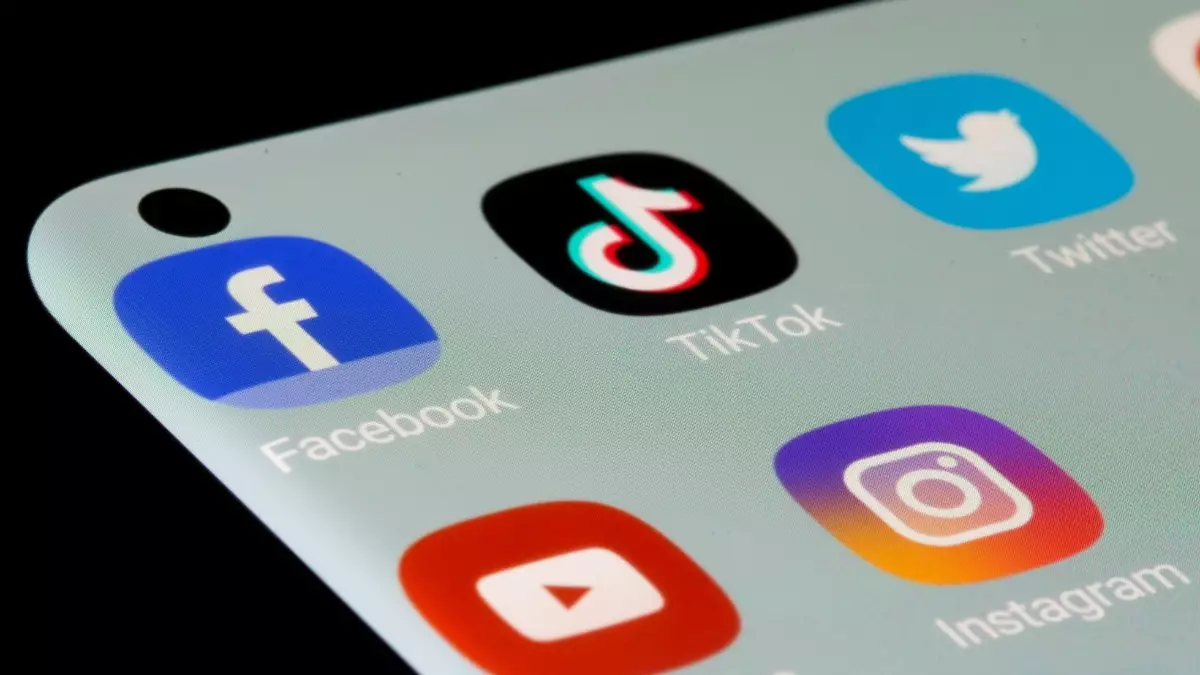In a landmark decision on Thursday, Australia instituted a comprehensive ban on social media access for children under the age of 16. The move has sparked intense debate across the nation, challenging the intersection of technology, young people’s rights, and parental authority while placing Australia at the forefront of international efforts to regulate big tech. With fines reaching as high as A$49.5 million (approximately $32 million), tech giants like Meta (parent company of Facebook and Instagram) and TikTok must comply or face serious penalties. While this legislation aims to protect minors from the mental health threats associated with social media, it raises pertinent questions regarding privacy and the rights of children.
Australia’s Social Media Minimum Age bill symbolizes not only a legislative endeavor but also a strategic political victory for Prime Minister Anthony Albanese and his center-left coalition, especially as they approach the 2025 elections. Amid mixed approval ratings, the law’s passage reflects a significant public sentiment; recent polls indicate that roughly 77% of Australians support the initiative. Advocates for the ban cite alarming statistics concerning mental health among youth, particularly instances of self-harm attributable to social media bullying. This backdrop of urgency shaped the parliamentary inquiry that led to this legislation, as parents shared harrowing testimonies about their children’s experiences online.
However, the momentum against this bill signals a deeper ideological divide. While the majority of the public favors the ban, privacy advocates and certain child rights groups argue that the legislation overlooks crucial considerations. Critics raise concerns that the law might lead to exacerbated collection of personal data, sparking fears about increased surveillance and longitudinal implications for minors’ autonomy. This dichotomy of opinions has made Australia’s approach a focal point for similar regulatory discussions worldwide.
Australia sets a significant precedent, standing out as a test case for countries contemplating stricter controls on social media access for minors. Unlike regulations in countries such as France, where parental consent is required for kids to access social media, Australia has opted for a more absolute approach. This intention to enforce an outright ban reflects growing global skepticism about Big Tech and the influence it exerts over vulnerable demographics.
Some U.S. regulations, including Florida’s under-14 social media ban presently facing legal challenges, raise issues concerning free speech, highlighting the delicate balance between safeguarding children and maintaining individual rights. Australia now finds itself grappling with similar sentiments as it aligns itself against major tech conglomerates, an entity it once cooperated with extensively but has increasingly viewed with skepticism.
The new legislation has engendered significant unease within the tech industry. A spokesperson from Meta expressed reservations, claiming the law was hastily processed without adequate consideration of existing measures to ensure age-appropriate online experiences. This sentiment reflects a broader frustration among tech companies, which argue that sufficient infrastructure and guidelines for age verification are lacking at present.
Snap, another major player in the social media landscape, has voiced similar apprehensions. The company pledges compliance but also calls for collaborative dialogue with the Australian government during the trial period leading up to the law’s enforcement. Concerns resonate across the industry, as companies struggle with the complexities of implementing robust age verification without exacerbating existing privacy issues.
Amid this backdrop of legislation and industry pushback, dilemmas surrounding youth advocacy and civil liberties surface. Critics of the ban warn that it could inadvertently isolate the most vulnerable segments of the youth population, particularly LGBTQIA and migrant teenagers, who often rely on digital platforms for community and support. There’s a palpable fear that while attempting to shield minors, the legislation could drive them further underground, denying them critical social connections.
Reflecting this sentiment, the Australian Human Rights Commission has raised alarms that the law may infringe upon young people’s rights to participate and engage within society. The ongoing debate hints at a broader conflict between parental control and the autonomy of youth. While advocates argue that the bill empowers parents to reclaim authority over their children’s digital lives, it also envisions a landscape where minors may feel the weight of censorship, potentially stifling their independence and voice.
As Australia embarks on this unprecedented journey regarding social media access for minors, it faces uncertainty along a multifaceted and complex path. From political maneuvering and public sentiment to industry concerns and the potential ramifications for youth advocacy, the implications are vast. As the country prepares to trial its new regulations, the balance between fostering a safe environment for children and safeguarding their rights to freedom and expression remains a challenging tightrope. The world will undoubtedly watch Australia’s legislative venture closely, as it may soon evoke similar discussions and policies across the globe.


Leave a Reply
You must be logged in to post a comment.